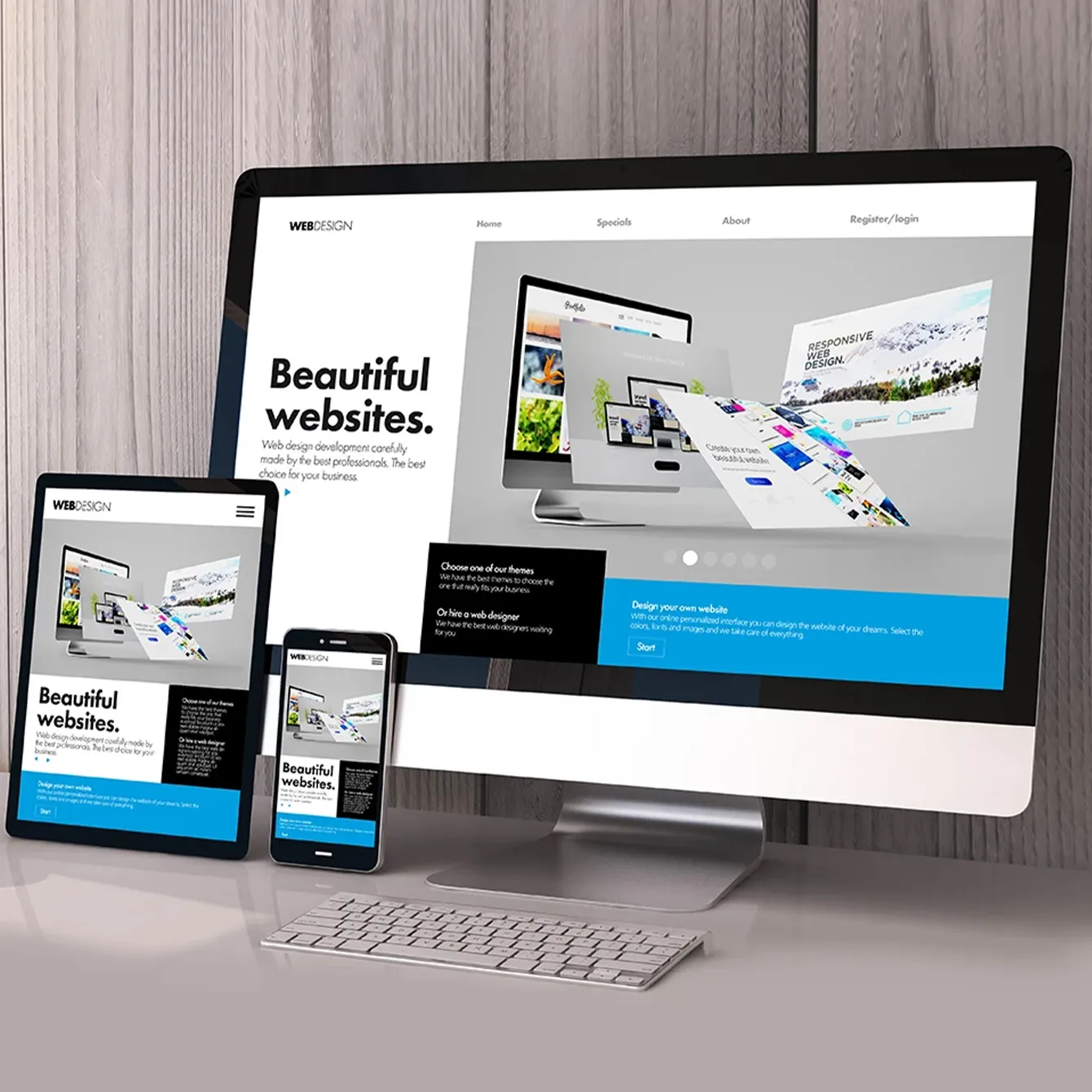In recent years, the rapid digitalization across various business sectors, like healthcare, banking and financial services (BSFI) and retail industry. The retail sector is expected to deliver an omnichannel experience. It includes a user-friendly and stable customer experience at the forefront of the users, and loads of transaction data at the back-end. The retail industry involves inventory CRM apps, supply chain management, data warehousing, and point-of-sale (POS) systems The effectiveness of retail software apps drives a higher return on investment (ROI) for the retail sector.
In the current technological era, online channels are one of the most effective platforms to perform their business transactions. Each business domain continues to utilize the advantages of online marketing to retain their customers. It is evident that e-commerce is a modern way of shopping for many online users. The increase in IoT devices and their use for online shopping has completely reshaped and effectively multiplied its scope. Thus, software testers are equipped with the best software testing tools to make the most of their testing efforts for quality retail software apps.
For the past few years, the online retailing trend has developed tremendously and accounting to over 1.5% sales across the globe. Since there are a lot of convenient ways to shop online through mobile apps, online channels and the availability of online payment methods. Amongst most industry types that are emerging today, the retail industry is one of the finest and fastest-growing sectors. It is an industry where products and services are provided for consumers by following a set of selling methods or practices and it is the sector that is expected to progress over the passage of time.
Retail Application Commonly Faced Challenges
Following are a few commonly faced challenges by online retail businesses and tips on how to overcome them:
- One of the major issues faced in online shopping is that application performance issues negatively affect the customer experience. Due to which, customers may either face inconvenience or feel annoyed to use the app again. So in turn, QA software testers can utilize software testing tools to perform performance and load testing for effective results.
- Users face security glitches while processing transactions across e-commerce channels. This may result in a poor user experience, which may discourage them from using the same platform in future.
- An increase is app loading time can adversely affect customer experience. Since users value their time and this is the only reason they prefer online shopping. This issue can be resolved by rigorous load testing to ensure that heavy load does not affect the app performance.
Conclusion
The above challenges and tips may be helpful for retail businesses who are looking for quality apps that meet performance benchmarks. Modern software testing tools are designed to improve software quality and ensure that they are working efficiently with respect to performance and functionality. These tools support online business apps to ensure they provide an excellent user experience.
















Leave a Reply